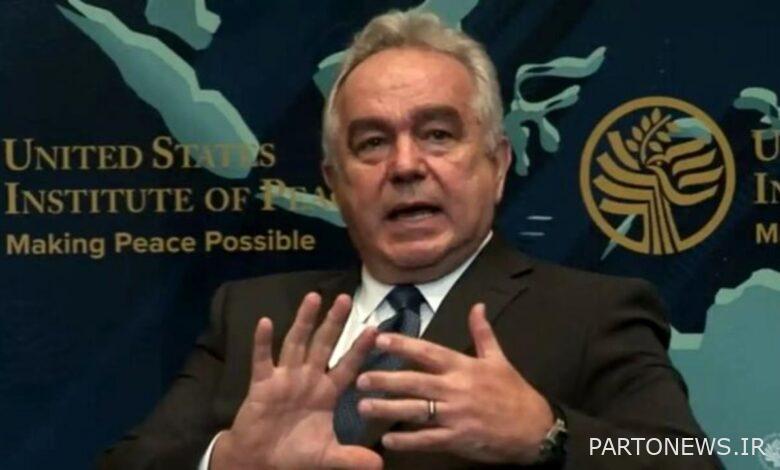Important news from an American official about the revival of the JCPOA

Kurt Campbell, coordinator of the National Security Council for Indo-Pacific affairs of the Ministry of Foreign Affairs, told the senators on Thursday local time: I don’t think anyone believes that there is an opportunity to return to the JCPOA agreement in the current situation. This issue is no longer debatable.
Republican Senator James Rish, a member of the Senate Foreign Relations Committee, asked Campbell: What does the Biden administration think about releasing cash to Iran? I was surprised when the government started releasing $6 billion and worse, they are talking about another $10 billion after the attacks on Israel?
Campbell defended this policy of the Biden government, but emphasized: “The government has not canceled any sanctions against Iran.” “I understand the concerns about the six billion dollars, and you’ve heard all the arguments in general that the money wasn’t given to Iran, it’s all in one account,” he said. “We are absolutely sure that if money is withdrawn, it will be used specifically for the people of Iran and for humanitarian purposes.”
At the same time, the candidate for the post of the US Foreign Ministry said: “Now we are in an environment where we have to be careful about the role that Iran plays that is against our interests.”
Campbell claimed: “We must send a warning message to the Islamic Republic that provocative actions will be met with a strict response. We have to isolate them diplomatically and internationally.”
He also claimed that some officials are still interested in resuming negotiations between Israel and Saudi Arabia. These negotiations have been derailed since the start of the war in Gaza.
“It makes sense that at this point, some of these conversations are stalled and difficult to have,” Campbell said.
Joe Biden’s administration had strongly pursued the normalization of Israel’s relations with Saudi Arabia. These efforts came after several Arab countries under the administration of former US President Donald Trump turned to normalizing relations with Israel.
After signing the JCPOA in 2014 with the aim of canceling the cruel sanctions, Iran, as a responsible country, implemented its obligations flawlessly and this issue was confirmed in 16 reports of the International Atomic Energy Agency.
But after Donald Trump entered the White House in January 2017 (December 2015) and after some preliminary measures, finally by taking positions contrary to the provisions of the JCPOA, with the unilateral and illegal withdrawal of the United States from it on May 18, 2018 (May 8, 2018). ), its secondary sanctions against Iran were reinstated in two stages.
In 2018, the Islamic Republic of Iran also activated the dispute resolution mechanism within the framework of the JCPOA Joint Commission at the level of the ministers of foreign affairs of the remaining members in this agreement. As a result of this meeting, the JCPOA member parties issued a statement and made 11 commitments to compensate the economic damages caused by the unilateral action of the United States.
But the uneven implementation of this agreement on one hand and the pressures caused by the application and intensification of unilateral sanctions by the United States on the other hand, caused that one year after the withdrawal of the United States from the JCPOA, finally on May 18, 2018 (May 8, 2019), the Supreme National Security Council of the Islamic Republic Iran should take decisions in order to stop step by step the implementation of voluntary measures of nuclear commitments by giving 60 days opportunities to diplomacy.
Iran fulfilled all its obligations under this agreement until one year after the withdrawal of the United States from the JCPOA, in order to give the European countries that promised to compensate the effects of Washington’s withdrawal from the agreement, to try to fulfill this promise. However, due to the fact that the European countries have not fulfilled their promises, he reduced his obligations under the JCPOA in several steps. The reduction of Iran’s obligations was based on the provisions of the JCPOA nuclear deal.
Joe Biden’s government, despite its election slogan to return to the JCPOA, due to excesses in the negotiations and then riding the wave of internal unrest in Iran and aligning with the opponents of the Islamic Republic of Iran as well as the wars in Ukraine and Israel, has so far refused to return The United States failed to comply with this international agreement, but in an agreement between Tehran and Washington at the same time as the exchange of prisoners between the two sides, 6 billion dollars of Iran’s frozen assets in South Korea were released and transferred to Qatar, which the Republicans and opponents of his government were against this action. They are very angry.

